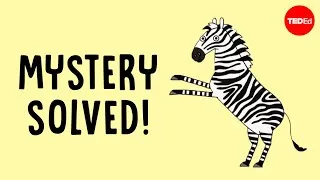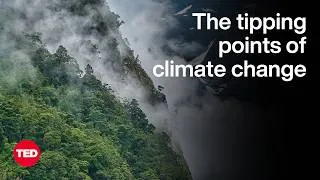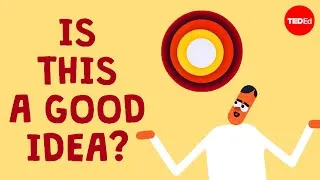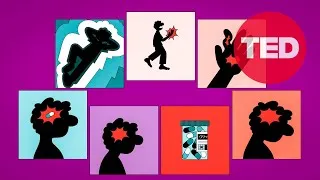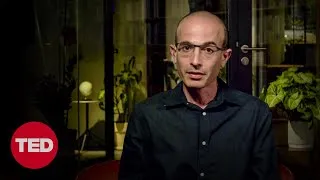Pre spustenie videa dvakrát kliknite na anglické titulky nižšie.
New videos
Táto stránka vám predstaví videá na YouTube, ktoré sú užitočné pri učení angličtiny. Uvidíte lekcie angličtiny, ktoré vedú špičkoví učitelia z celého sveta. Dvojitým kliknutím na anglické titulky zobrazené na stránke každého videa si môžete video odtiaľ prehrať. Titulky sa posúvajú synchronizovane s prehrávaním videa. Ak máte akékoľvek pripomienky alebo požiadavky, kontaktujte nás prostredníctvom tohto kontaktného formulára.
